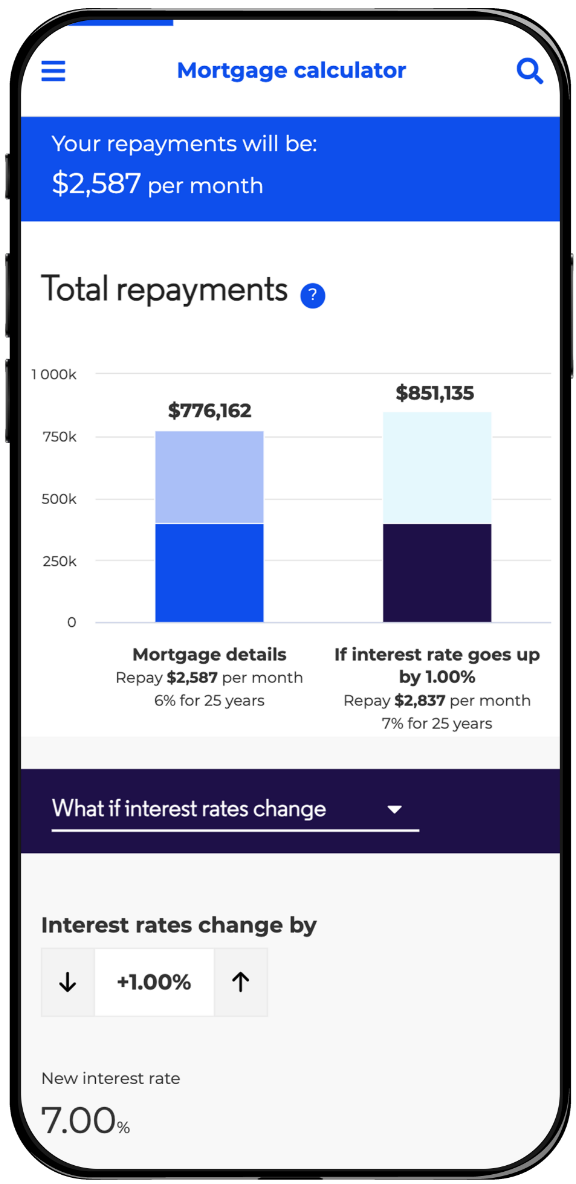Start here
Moneysmart, by the Australian Government, helps you make confident money decisions with free tools, tips and calculators.

How to switch home loans
The Reserve Bank has lifted the cash rate this month by 25 basis points. Now could be a great time to compare your home loan options.
Calculate your savings

Keep your super safe
Share market volatility can make you feel worried about your retirement savings. Don't turn that worry into a rushed decision.
Learn more

Starting to think about retirement?
Information, calculators and case studies to help you put together a plan that works for you.
Get ready
Calculators
Moneysmart's calculators help you set realistic goals and gives you the confidence to take the next step.
Budget planner
Work out where your money is going
Savings goals calculator
Set and reach your goals
Retirement planner
Find out your income when you retire
Income tax calculator
How much Australian income tax should you be paying?
Superannuation calculator
Find out your super balance at retirement
Get help with your money straight to your inbox.
- Sign up to Moneysmart Tips.
- Sign up
